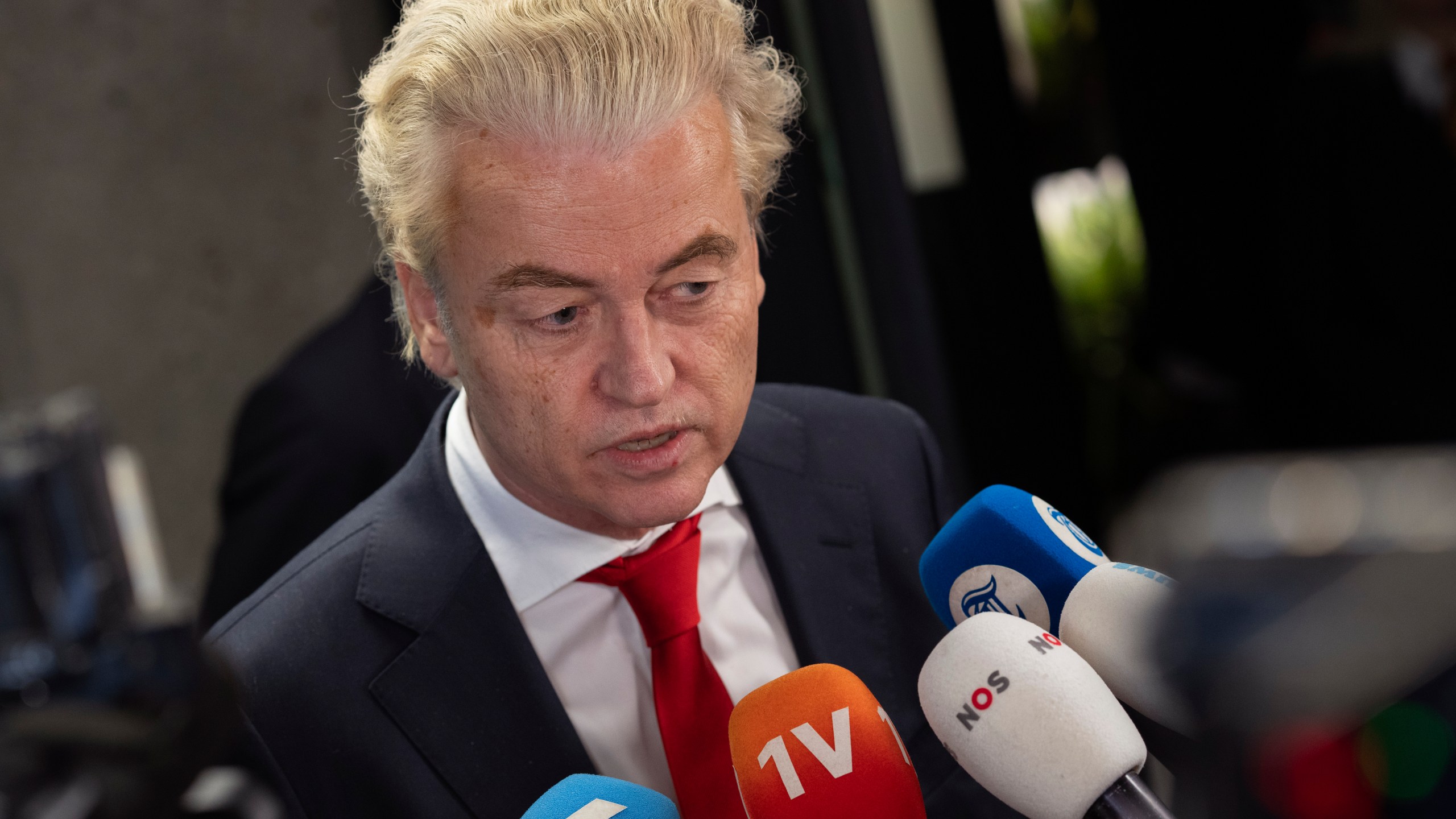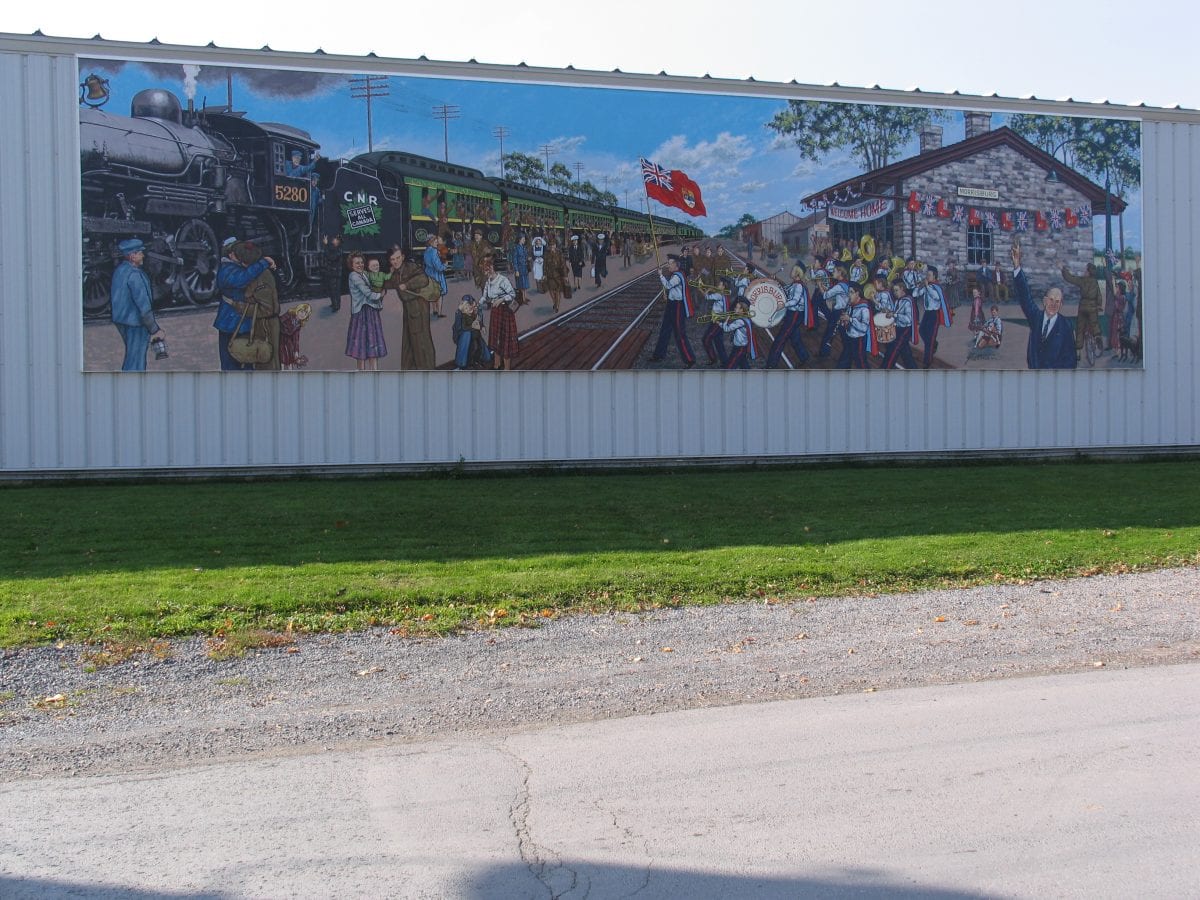Rental Price Freeze: Opposition Parties Target PVV Coalition Plan

Table of Contents
The PVV Coalition's Proposed Rental Price Freeze
The PVV coalition's proposed rental price freeze aims to alleviate the burden of rising rental costs on Dutch citizens, particularly those struggling with the ongoing housing crisis. While the exact details are still being debated, the proposal generally outlines a temporary freeze on rent increases for a specific period. The intended impact is to provide immediate relief for renters facing unaffordable increases and to promote more affordable housing options.
- Target rental properties: The freeze would likely encompass both social housing units and a selection of private rental properties, though the specific criteria remain unclear.
- Proposed percentage freeze or fixed limit: The proposal suggests either a percentage cap on rent increases or a fixed maximum allowable increase per year. The exact figures are subject to ongoing negotiation.
- Duration of the proposed freeze: The PVV has suggested a freeze lasting several years, although the exact duration is subject to political debate and likely to be a significant point of contention.
- Exemptions: Potentially, certain types of rental properties or situations might be exempt from the freeze, though details regarding these exceptions are still being developed.
The PVV argues that this rent control measure is necessary to address the severe affordable housing shortage and escalating rental costs plaguing the Netherlands. Their stated goal is to provide immediate relief to renters and create a more equitable housing market. The party emphasizes the urgency of the situation, citing rising inflation and limited affordable housing options as justification for this intervention in the free market.
Opposition Parties' Arguments Against the Rental Price Freeze
Opposition parties have voiced strong concerns about the potential negative consequences of a rental price freeze. Their arguments center on the potential for market distortion and long-term harm to the rental sector.
- Concerns about reduced investment in new rental properties: Opponents argue that a rent freeze will significantly reduce the incentive for both existing landlords and developers to invest in new rental properties or maintain existing ones. This could lead to a decline in the quality of rental housing and exacerbate the existing housing shortage.
- Potential for a shortage of rental properties: The opposition fears a decreased supply of rental properties due to landlords withdrawing from the market or diverting resources to other investment options. This would create even greater competition for the remaining properties and potentially drive up black market rental costs.
- Impact on landlords and the rental market: A rent freeze would severely impact landlords' profitability, potentially leading to financial hardship and forcing them to sell properties. This could further reduce the supply of rental units. The D66 party, for instance, has explicitly warned of the consequences for smaller-scale landlords.
- Arguments that the freeze won't solve the underlying housing crisis: Critics argue that a rent freeze merely addresses a symptom of the problem, not the root causes. They contend that a more comprehensive approach is needed to address the fundamental issues driving the housing crisis.
- Specific party positions: The VVD, for example, has expressed deep concerns about the long-term economic consequences and the potential impact on the development of new housing.
Quotes from opposition leaders highlighting these concerns are regularly appearing in the Dutch press, adding to the intense political debate.
Potential Economic and Social Consequences of a Rental Price Freeze
The potential consequences of a rental price freeze extend beyond the immediate impact on renters and landlords. The effects could be far-reaching and potentially detrimental to the Dutch economy and society.
- Impact on rental property availability: As mentioned previously, a reduction in the supply of rental properties is a key concern.
- Potential increase in black market rentals: A rent freeze could inadvertently fuel the growth of the black market for rental properties, where tenants may pay significantly higher, unregulated rents.
- Effect on property values: The freeze might negatively impact property values, particularly those affected by the rent control measures.
- Impact on the construction industry: Reduced investment in new rental properties could lead to a slowdown in the construction industry.
- Social consequences for renters and landlords: The social consequences could range from increased homelessness to financial hardship for both renters and landlords.
Unintended consequences are a serious risk. For instance, a freeze could inadvertently lead to increased competition for existing affordable units and potentially displace vulnerable populations.
Alternative Solutions to the Housing Crisis
Instead of a rental price freeze, various alternative solutions are being debated to address the high cost of rent. These strategies aim for a more sustainable and effective approach to resolving the housing crisis.
- Increased investment in social housing: Expanding social housing programs can provide affordable housing options for low-income families and individuals.
- Incentives for building more rental properties: Tax breaks and other incentives could encourage developers to build more rental units, increasing supply.
- Regulation of rent increases: A more nuanced approach to regulating rent increases, rather than a complete freeze, could better balance the needs of renters and landlords.
- Tax incentives for landlords: Offering tax incentives for landlords who maintain affordable rental units could encourage them to keep properties available at reasonable prices.
These approaches aim to foster a more sustainable and balanced housing market while promoting affordable housing initiatives and long-term housing strategy.
Conclusion
The debate surrounding the rental price freeze is intense and multifaceted. While the PVV coalition intends this measure to provide immediate relief to renters struggling with the rising cost of housing, opposition parties raise serious concerns about its potential negative consequences on the rental market, investment, and the broader economy. The potential for market distortion, a decrease in rental availability, and an increase in black market activity are major points of contention. Alternative solutions focusing on increasing the supply of affordable housing and implementing more sustainable regulations are essential for addressing the root causes of the housing crisis. The long-term implications of a rental price freeze for affordable housing in the Netherlands remain uncertain. The debate surrounding the rental price freeze is far from over. Stay informed about the developments of this crucial housing policy and its impact on the Dutch rental market. Continue to follow news and updates on the rental price freeze to understand its potential long-term implications for affordable housing in the Netherlands.

Featured Posts
-
 Rome Champ Continued Success No Room For Complacency
May 28, 2025
Rome Champ Continued Success No Room For Complacency
May 28, 2025 -
 Ronaldo 40 Yasinda Hala En Iyisi Mi
May 28, 2025
Ronaldo 40 Yasinda Hala En Iyisi Mi
May 28, 2025 -
 Global Etki Cristiano Ronaldo Nun Marka Guecuenuen Analizi
May 28, 2025
Global Etki Cristiano Ronaldo Nun Marka Guecuenuen Analizi
May 28, 2025 -
 Leeds United Considering Phillips Reunion Transfer Speculation Mounts
May 28, 2025
Leeds United Considering Phillips Reunion Transfer Speculation Mounts
May 28, 2025 -
 Wwii Homecoming The Daywatch Account Of Pvt James Loyds Journey Home
May 28, 2025
Wwii Homecoming The Daywatch Account Of Pvt James Loyds Journey Home
May 28, 2025
